KfW supports refugees and the communities that take them in. The measures aim to fight the causes of refugee flight worldwide. Around EUR 1.65 billion have been invested in 75 international aid projects. Seven examples.
Improved water supply in Ethiopia
Ethiopia is among the African countries that take the most refugees. At present, there are more than 840,000 refugees living there. Many come from neighbouring South Sudan, which is embroiled in a major conflict. The point of entry for the majority of refugees is the Gambela Region, one of the poorest regions in Ethiopia.
Around 40,000 new arrivals have been registered in the region since the beginning of 2017, and more than 364,000 South Sudanese refugees – primarily women and children – have sought protection in the region to date. There is not enough clean water for the people there. Diarrhoea and other diseases like cholera are widespread as a result.
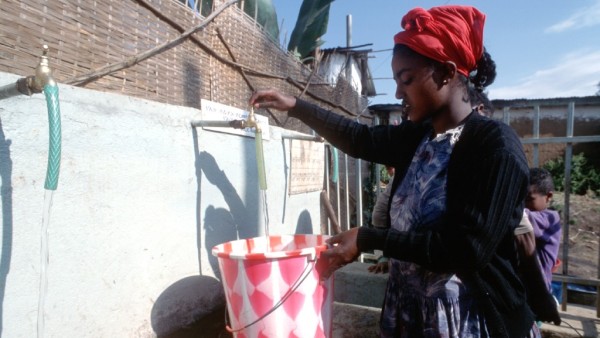
A rare commodity
The country needs support to supply the refugees in Ethiopia with clean drinking water.
KfW Development Bank is financing measures on behalf of the German Federal Government to reduce the number of diseases caused by polluted water. The aim is to improve the water supply, as well as sanitation and hygiene for refugees and their host communities.
The recipient and project-executing agency of the funds is the United Nations Children’s Fund (UNICEF). The Federal Ministry for Economic Cooperation and Development (BMZ) is providing a total of EUR 6.5 million for this project, over a term of three years.
The various water supply measures will benefit around 35,000 people from the surrounding communities and 70,000 refugees in the new Nguenyyiel refugee camp. In addition, all refugees in the camps and the inhabitants of neighbouring communities – in total around 275,000 people – will benefit from the hygiene-awareness measures as well as improved sanitation.
Water, solar lights and market stalls in South Sudan
Many South Sudanese people endure extreme poverty. This is especially true in rural areas. Large sections of the population are malnourished, and maternal and child mortality are among the highest in the world. The ongoing conflict and struggles between hostile groups further aggravate the food crisis. The situation of the more than two million internally-displaced people is particularly precarious.
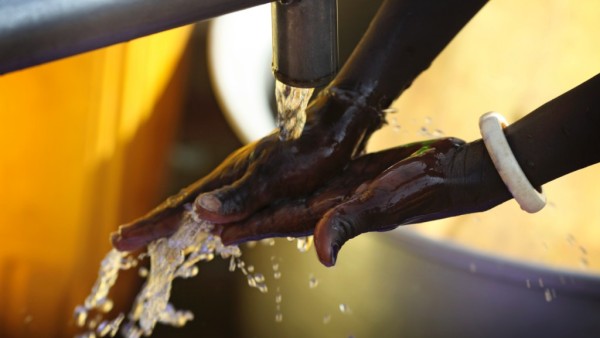
Water supply
Among other measures, rainwater catchment tanks have been built to provide residents and refugees in South Sudan with access to water.
On behalf of the Federal Government, KfW has provided EUR 7.35 million since the beginning of 2015 to finance a range of individual measures aimed at improving the situation of host communities and returnees in South Sudan. The funds come from the Federal Ministry for Economic Cooperation and Development’s special initiative, “Fighting the causes of flight, reintegrating refugees”.
Due to the ongoing conflict in South Sudan cooperation with government agencies is currently very limited. For this reason, KfW is cooperating with the French non-governmental organisation Agence d’Aide à la Coopération Technique et au Développement (ACTED) to implement the project at the local level.
The project is geared towards structural measures that have a rapid impact. So far, three rainwater catchment tanks for providing cattle with water have been built in the Gendrassa and Doro refugee camps, 60 solar lights have been installed at water supply points, and three waste recycling plants have been constructed.
A new training and education centre has also been built. Seventy newly-built market stalls are strengthening the economic infrastructure in the city of Awerial, which is home to a particularly high number of internally-displaced people. Tree and plant nurseries have been established to combat ongoing deforestation and soil degradation.
In the meantime, more than 90 percent of the individual measures have been completed successfully, and responsibility for these has been transferred to municipalities and local authorities. Around 170,000 people are benefiting from the measures, which promote peaceful coexistence and provide a basis for development.
Clean water for Jordan
AFD
The Agence Française de Développement (AFD) is the French development bank and an important partner of KfW in Financial Cooperation. By 2019 more than 100 joint projects had already been implemented. Both banks belong to the IDFC network of development banks.
According to official sources, Jordan alone has received some 670,000 Syrian refugees. Estimates put the actual figure at more than a million – the country’s own population is only about 6.5 million.
The situation is exacerbated by the fact that Jordan is one of the world’s most arid countries. On behalf of the Federal Ministry for Economic Cooperation and Development (BMZ), KfW is supporting the country with its drinking water supply and in constructing water and drainage networks as well as wastewater treatment plants.
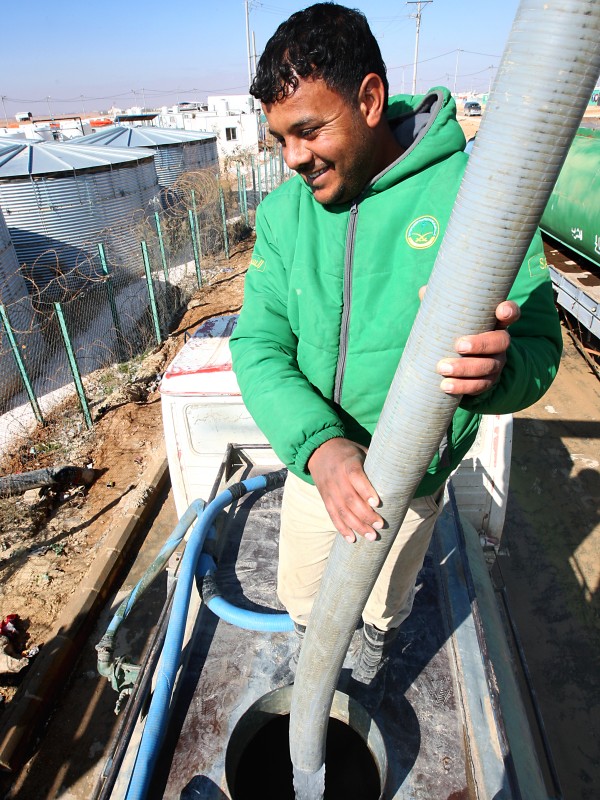
Water in the desert
Jordan needs to provide water for an additional 1.5 million people – to achieve this, the country needs aid.
KfW has already invested a total of EUR 78.5 million in the crisis water programme in the last four years. Now the bank is strengthening its commitment. At the end of July 2017, KfW signed contracts with the Jordanian Government for grants amounting to EUR 40 million. In addition, loans of the same amount are expected to be disbursed to the region.
The French development bank AFD and the European Union are investing a further EUR 72 million in communities in the north of Jordan. In the province of Irbid, around one million people are receiving help as part of the joint European initiative. This includes 200,000 refugees from Syria.
Securing peace in the Congo
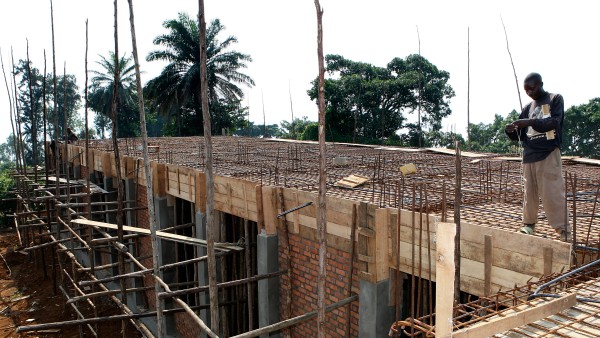
Social infrastructure
Hospitals and schools are being built in the Congo, among other measures.
The Democratic Republic of the Congo is a fragile state. Decades of armed conflict and poor governance have largely dissolved state authority. Almost three million people are refugees in their own country.
Acting on behalf of the Federal Government, KfW launched a peace fund together with the Congolese government back in 2007. Roads, schools and hospitals have been repaired, agricultural land restored and jobs created.
These visible improvements in living conditions promote peaceful coexistence. To date, the measures have benefited more than 60,000 people directly and more than two million people indirectly.
Educational programmes in Lebanon
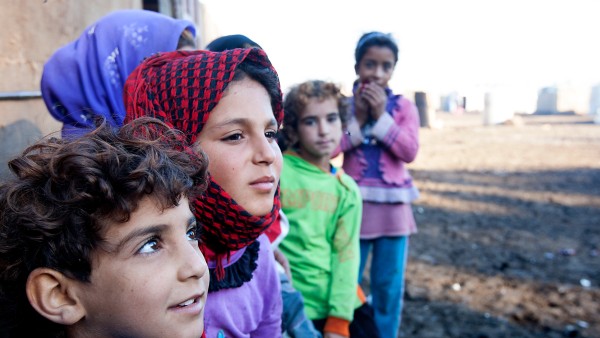
Looking to the future
KfW is supporting education projects in Lebanon so that children can go to school.
Around 1.1 million Syrian refugees are officially registered in Lebanon. However, the social and economic infrastructure – particularly in the border areas – is not designed to support so many additional people.
On behalf of the Federal Ministry for Economic Cooperation and Development, KfW is therefore helping children from both Syria and Lebanon to attend school in order to avoid creating a lost generation with no education. Many schools are overcrowded, and children often have to sit three or four to a bench.
EUR 197 million have been invested in UNICEF education programmes since 2014. As a result, around 430,000 children are now able to attend school regularly.
Professional development for tradespeople in Iraq
When it comes to the reconstruction of the country, Iraq lacks the necessary expertise as well as well-trained skilled workers. German family-owned company Knauf, a manufacturer of gypsum-based construction materials, has been operating a training centre for dry construction in Baghdad since the end of 2015. The aim is to train at least 300 Iraqi tradespeople as well as 200 architects and engineers every year.
This will create prospects for young people – an essential factor in the fight against the causes of migration. KfW subsidiary DEG – Deutsche Investitions- und Entwicklungsgesellschaft mbH – co-financed the project using funds from the develoPPP.de project of the Federal Ministry for Economic Cooperation and Development.
Alleviating suffering in Syria
KfW has established a reconstruction fund for the Syrian population in need: the Syria Recovery Trust Fund. The fund aims to ensure basic supplies such as energy, water, food, education and health services and thus improve living conditions and prospects within the country.
The project principals are 13 countries that pay into a multi-donor trust fund. EUR 135 million have been donated to date. 26 individual projects are currently being funded in the areas controlled by the moderate opposition.
Published on KfW Stories on 1 September 2017.
The described project contributes to the following United Nationsʼ Sustainable Development Goals
Goal 1: End poverty in all its forms everywhere
Around eleven per cent of the worldʼs population lives in extreme poverty. In 2015 that figure was around 836 million people. They had to live on less than USD 1.25 a day. The global community has set out to end extreme poverty completely by 2030.

All United Nations member states adopted the 2030 Agenda in 2015. At its heart is a list of 17 goals for sustainable development, known as the Sustainable Development Goals (SDGs). Our world should become a place where people are able to live in peace with each other in ways that are ecologically compatible, socially just, and economically effective.

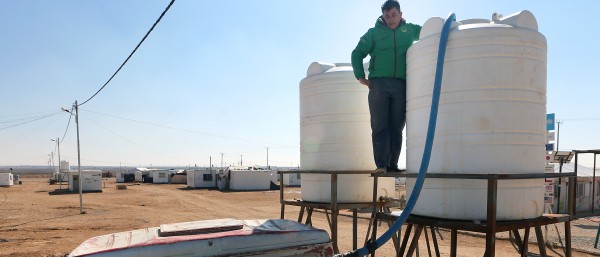
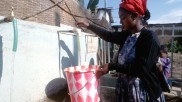
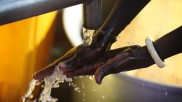
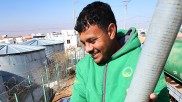
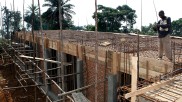
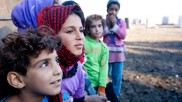
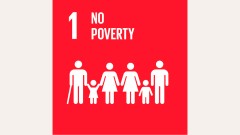
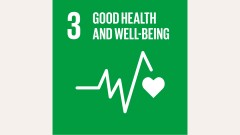
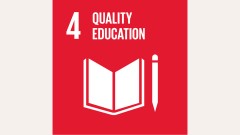
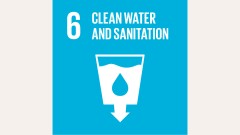
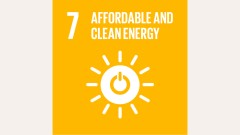
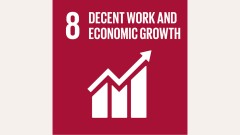
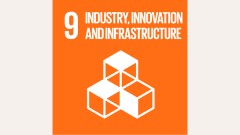
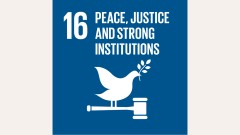
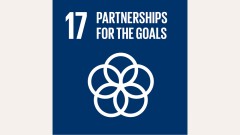

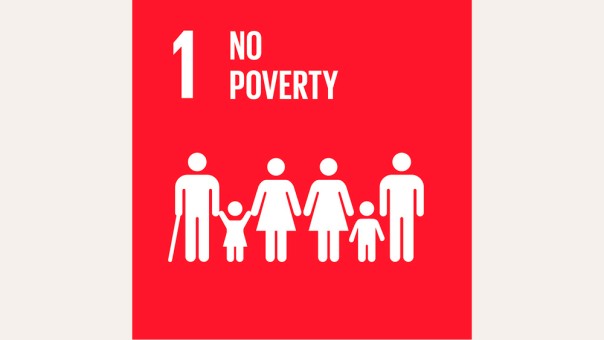
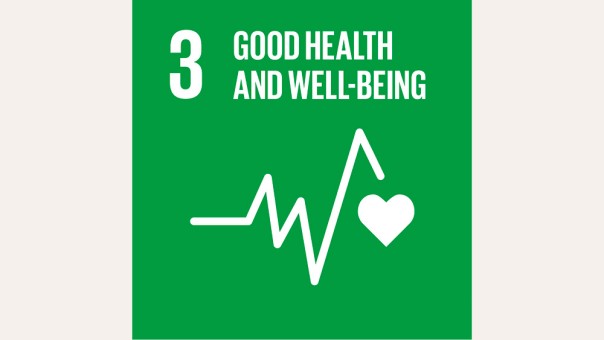
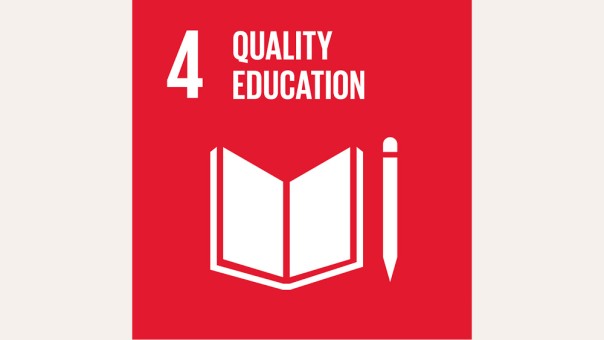
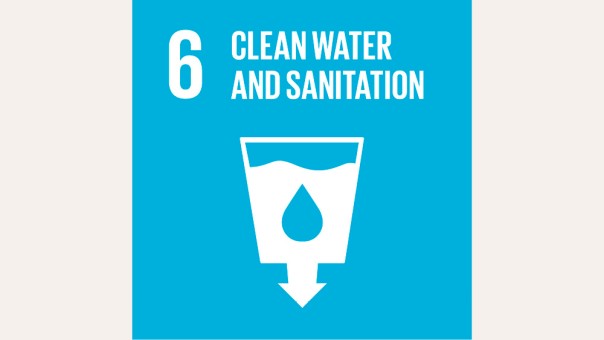
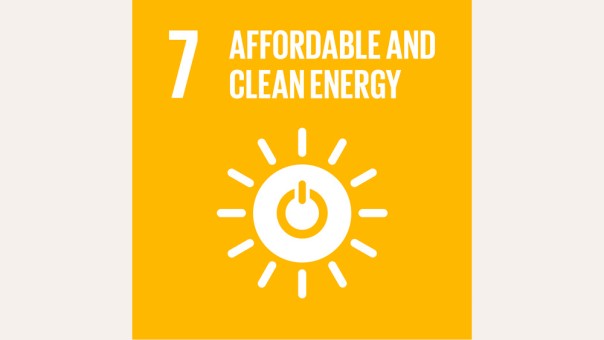
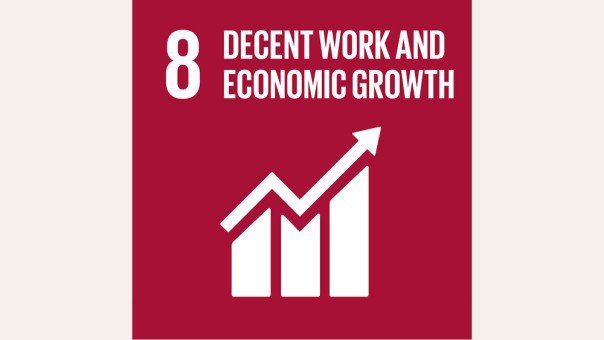
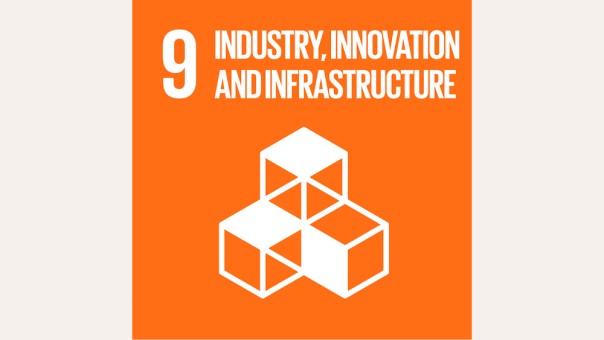
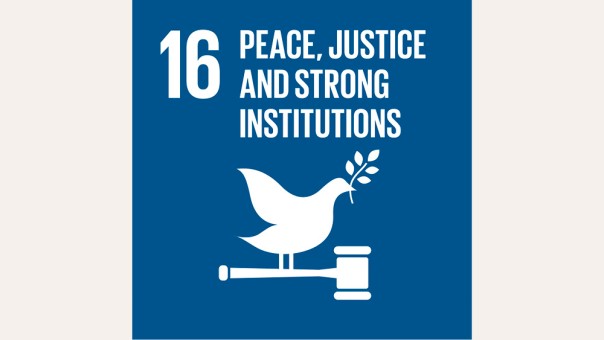
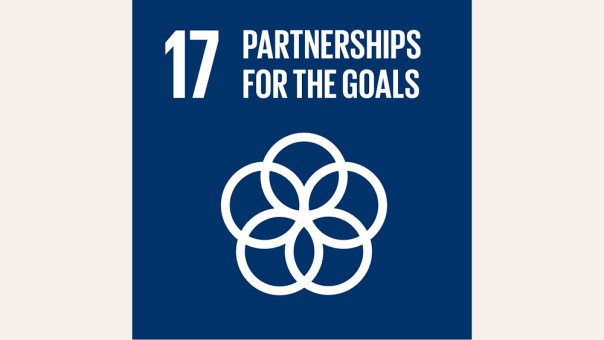

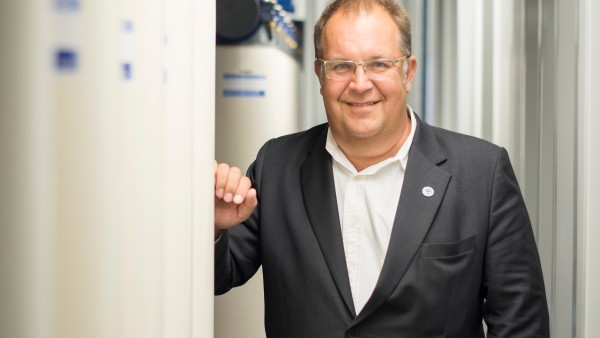
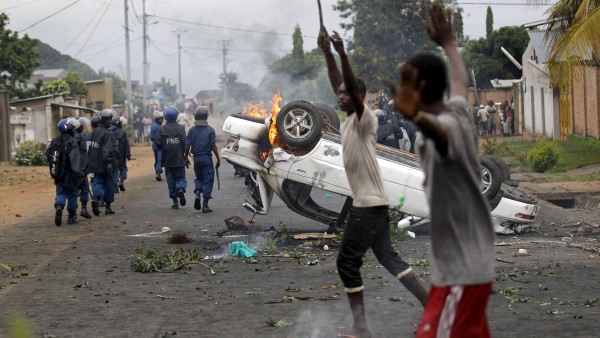
Data protection principles
If you click on one of the following icons, your data will be sent to the corresponding social network.
Privacy information